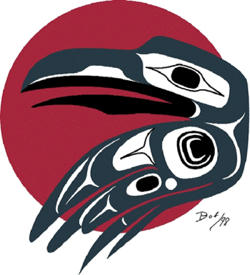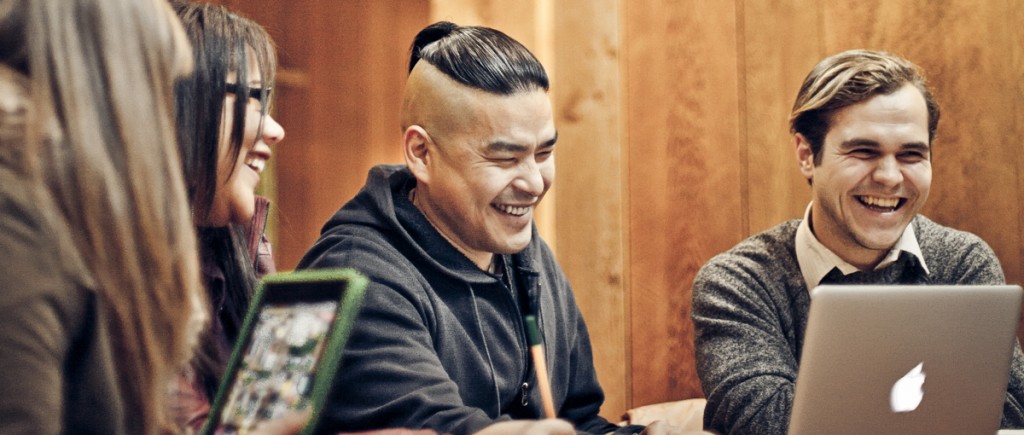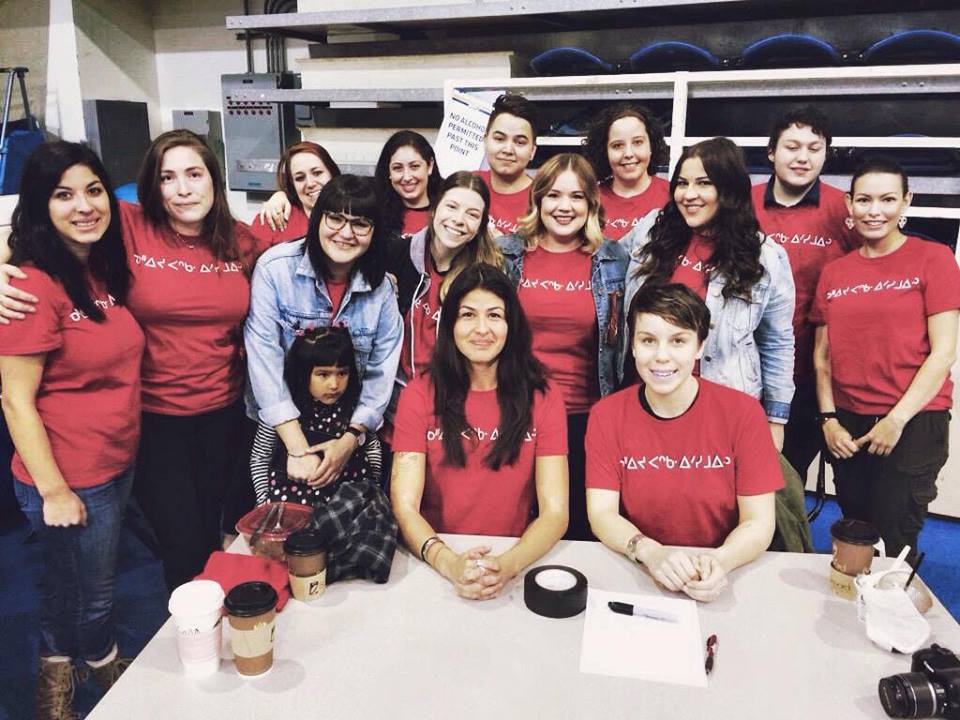This page is to serve as a starting point and general guide for students looking to apply to First Nations and Indigenous Studies at UBC. If you have any further questions please explore our Program menu to the left or send an email to cis.program@ubc.ca.
How much is tuition?
Tuition for undergraduate students is calculated on a per credit basis. For more information, visit UBC’s pages on undergraduate tuition.
How do I apply as an undergraduate?
Click here for information on undergraduate admissions.
Where can I find out about courses in First Nations and Indigenous Studies?
Undergraduate First Nations and Indigenous Studies courses are posted here.
Are there any graduate studies available?
Learn about our graduate course offerings on our "Courses" page here.
What can I do with a FNIS degree?
Click here to view a variety of options and possibilities.
Where can I find out about post-BA opportunities?
Learn more about post-BA opportunities here.
Are there any graduate studies available?
FNIS offers multiple graduate courses which can be found here.
Where can I find out more about the First Nations and Indigenous Studies Research Practicum?
Learn more about the practicum here.
What types of financial assistance are available?
Undergraduate students can visit UBC’s page on Awards & Money Management.


What is FNIS?
First Nations and Indigenous Studies (FNIS) was founded in 2001 to provide students with an understanding of the histories, contemporary realities, and political concerns of Indigenous peoples in Canada and beyond. As an interdisciplinary undergraduate program within the Faculty of Arts, FNIS reflects the belief that deep understanding and ethical engagement are central to the wellbeing of resurgent Indigenous communities and foundational to more respectful Indigenous-settler relations.
What can I expect to get out of FNIS?
The Program’s students are provided extensive experience with Indigenous political theory and politics, aesthetics, literature, and contemporary social concerns, in the classroom and on a first-hand basis. In their final year, students participate in the 400-level Research Practicum that allows them to apply their problem-solving skills to the needs and priorities of Indigenous communities. Students are partnered with an Indigenous organization to design and implement a project based upon the organization’s needs. Through this partnership, students make meaningful contributions to their partner organizations, turning knowledge gained in the classroom into lived experience, and the organization receives the final research product to assist in their own work.
A degree in First Nations and Indigenous Studies opens the door to careers in the public, private or not-for-profit sectors. The project management, research and interpersonal skills gained during the research practicum give FNIS undergraduates hands-on training peers often lack. Career options include public policy analyst, media consultant, museum and community development worker. FNIS students also go on to graduate studies in fields such as anthropology, education and law.
In addition to the scholarly demands of First Nations and Indigenous Studies at UBC, the Program also makes personal demands on students that set it apart from most other undergraduate Programs. Faculty and students develop strong ties based on a shared commitment to confronting the histories, contemporary realities and political concerns of Indigenous peoples worldwide. These ties are strengthened through small class sizes and help support students as they take on the fourth-year research practicum.
How do I get into the Program?

Potential students who wish to pursue an undergraduate degree with a specialization (Major or Minor) in First Nations and Indigenous Studies must first gain admission to the University of British Columbia’s Faculty of Arts in Vancouver. This can be done online once you have created your own Campus-Wide Login (CWL) account. Potential students should check to see if they meet UBC’s general admission requirements before applying. For all information related to gaining admission to UBC, please visit: http://you.ubc.ca/
Tip: If you are a high school student, your school’s guidance counselor is a great resource to utilize if you are thinking about pursuing a post-secondary education.
I have been accepted to UBC! What should I do now?
Congratulations on your acceptance to UBC Vancouver! The next step towards completing a Bachelor of Arts degree in First Nations and Indigenous Studies is building your personal timetable and registering for prerequisite FNIS courses. Please take a look at the current Major and Minor requirements to see which courses you will need to take in order to graduate with a specialization in FNIS. For all information related to course registration and enrolment, please visit: http://students.ubc.ca/enrolment/courses/registration
Tip: Academic Advisors in the Faculty of Arts are available to assist and guide students through building a timetable and registering for courses. If you have any further questions please contact cis.advising@ubc.ca.
I have registered for my courses, now what?
Once you are registered in courses it’s time to begin your transition to UBC life. If you are not from Vancouver and are looking for a place to live you may want to consider applying for student residence on-campus. There are also Orientation Programs specifically designed for UBC newcomers! Be sure to review the many opportunities that are exclusive to new students and participate if you choose to.
As a new student of First Nations and Indigenous Studies, feel free to introduce yourself to the Program’s welcoming faculty and staff.
 Faculty of Art
Faculty of Art
